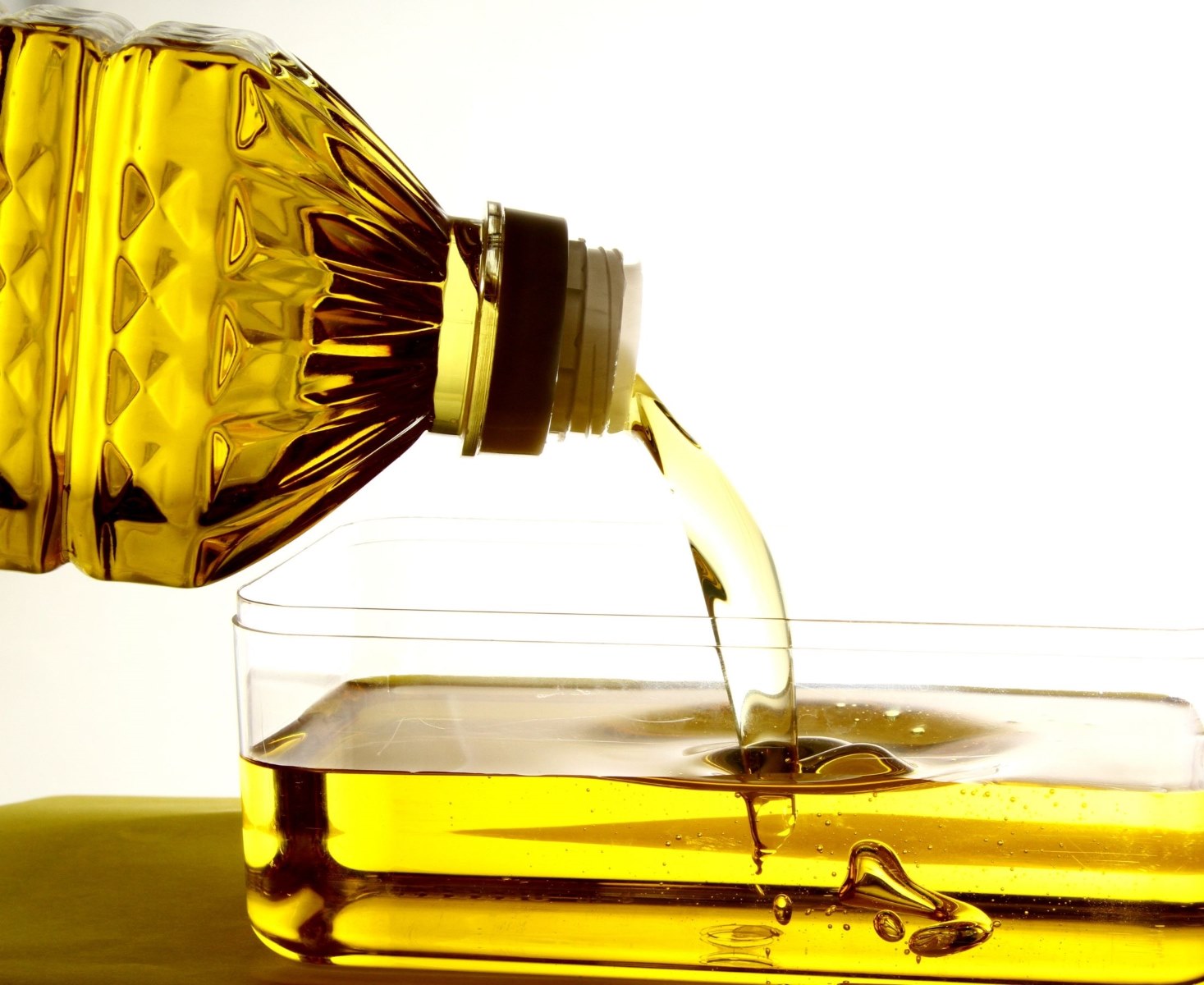

Articles
How To Store Vegetable Oil
Modified: December 7, 2023
Learn the proper methods of storing vegetable oil and keeping it fresh for longer durations with our informative articles.
(Many of the links in this article redirect to a specific reviewed product. Your purchase of these products through affiliate links helps to generate commission for Storables.com, at no extra cost. Learn more)
Introduction
Vegetable oil is a staple ingredient in many kitchens, used for a wide range of cooking, baking, and frying purposes. Whether you use it occasionally or on a daily basis, proper storage is essential to maintain its quality and prolong its shelf life.
Storing vegetable oil correctly not only helps preserve its flavor and nutritional value but also prevents it from becoming rancid or developing off-flavors. In this article, we will delve into the best practices for storing vegetable oil to ensure its longevity and optimal usage.
By following these guidelines, you can make the most of your vegetable oil supply and enjoy the benefits of its versatility in your culinary adventures.
Key Takeaways:
- Proper storage of vegetable oil is crucial for maintaining its quality and freshness. Choosing the right container, storing it in a cool, dark place, and avoiding exposure to oxygen and strong odors are key steps to ensure its longevity.
- Pay attention to shelf life and expiration dates, and use your senses to assess the quality of vegetable oil before using it. By following proper storage practices, you can extend its shelf life and enjoy its versatility in cooking.
Read more: How To Store Oil
Choosing the Right Container
When it comes to storing vegetable oil, selecting the right container is essential. The container should be able to protect the oil from external factors that can negatively impact its quality.
Opt for containers that are made of dark-colored materials, such as glass or opaque plastic. This helps to block out light, which can cause the oil to deteriorate and become rancid over time. Clear containers should be avoided as they offer minimal protection against light exposure.
It is also advisable to choose containers that have a tight-fitting lid or cap. This helps to prevent air from entering the container, as exposure to oxygen can lead to oxidation and spoilage of the oil. Containers with airtight seals are ideal for retaining the freshness and flavor of the vegetable oil.
Consider the size of the container as well. It is best to store vegetable oil in smaller containers rather than one large container. This reduces the amount of air inside the container each time it is opened, minimizing the risk of oxidation. Furthermore, smaller containers are easier to handle and pour from, reducing the chances of spills or accidents.
Lastly, choose containers that are made of food-grade materials. This ensures that no harmful chemicals or substances can leach into the oil, maintaining its purity and safety for consumption.
Storage Temperature
The temperature at which vegetable oil is stored greatly affects its quality and shelf life. It is important to store vegetable oil in a cool and stable environment to preserve its freshness and prevent it from deteriorating quickly.
Heat is the enemy of vegetable oil. Exposure to high temperatures can cause the oil to break down, oxidize, and develop off-flavors. Therefore, it is best to store vegetable oil in a cool place away from direct sunlight and heat sources such as stoves, ovens, or radiators.
The ideal storage temperature for vegetable oil is between 50°F and 70°F (10°C and 21°C). This range helps to maintain the oil’s integrity and slows down the oxidation process which can lead to rancidity. Avoid storing oil in areas that experience extreme temperature fluctuations, such as near windows or external walls.
If you live in a hot climate or during the summer months, storing vegetable oil in the refrigerator can be a good option. However, keep in mind that refrigerating vegetable oil can cause it to solidify. Before using refrigerated oil, allow it to come to room temperature naturally or gently warm it up by placing the container in warm water.
It is important to note that repeated exposure to fluctuating temperatures, such as moving the oil between hot and cold environments, can negatively impact its quality. Therefore, choose a storage location with a consistent temperature and avoid frequent temperature changes.
By storing vegetable oil at the ideal temperature, you can ensure its longevity and maintain its quality for an extended period, allowing you to enjoy the benefits of this versatile cooking ingredient.
Protecting from Light and Heat
Light and heat can both have a detrimental effect on the quality and shelf life of vegetable oil. It is crucial to protect the oil from these factors to maintain its freshness and nutritional value.
Exposure to light can cause vegetable oil to oxidize rapidly, leading to the development of off-flavors and a decrease in its nutritional value. Therefore, it is essential to store vegetable oil in a dark place, away from direct sunlight or bright artificial light sources.
Choose a storage location that is cool and dark, such as a pantry or a cupboard. Avoid storing oil near windows or in areas that are exposed to direct sunlight. If your kitchen does not have a suitable storage area, consider using opaque containers to shield the oil from light.
In addition to protecting oil from light, it is crucial to shield it from excessive heat. High temperatures can accelerate the oxidation process and cause the oil to spoil quickly. Avoid storing vegetable oil near stoves, ovens, or other heat-emitting appliances.
If you live in a particularly hot climate or during the summer months, it is advisable to refrigerate vegetable oil to preserve its quality. However, keep in mind that refrigeration can cause the oil to solidify. If this happens, allow the oil to come to room temperature naturally before using it.
By protecting vegetable oil from light and heat, you can maintain its flavor, nutritional value, and overall quality. This ensures that the oil remains fresh and suitable for use in your favorite recipes.
Avoiding Exposure to Oxygen
Exposure to oxygen is another factor that can negatively impact the quality and longevity of vegetable oil. When oil comes into contact with air, it undergoes oxidation, leading to the development of off-flavors, rancidity, and a decrease in its nutritional value.
To minimize the exposure of vegetable oil to oxygen, it is crucial to store it in airtight containers. Opt for containers with tight-fitting lids or caps that create a seal, preventing air from entering and oxidizing the oil.
When using the oil, make sure to close the container tightly immediately after each use to minimize the amount of air that comes into contact with the oil. Avoid leaving the container open or partially sealed for an extended period.
If you have a large container of vegetable oil and need to transfer it to smaller, more manageable containers, make sure to fill the smaller containers to the top, leaving minimal headspace. The less air there is in the container, the less oxygen will come into contact with the oil.
It is also important to note that using clear containers increases the risk of oxidation as they allow light and oxygen to penetrate the oil more easily. Therefore, it is best to choose dark-colored or opaque containers that provide better protection against both light and oxygen exposure.
By avoiding exposure to oxygen, you can help prolong the freshness and quality of vegetable oil, ensuring that it remains suitable for use in your culinary preparations.
Store vegetable oil in a cool, dark place away from heat and light to prevent it from going rancid. Keep it tightly sealed to maintain freshness.
Read more: How To Store Truffle Oil
Managing Moisture
Moisture can be a potential enemy when it comes to storing vegetable oil. Even a small amount of moisture can lead to the development of mold, bacteria, and other microorganisms in the oil, compromising its quality and safety for consumption.
To prevent moisture from affecting your vegetable oil, it is essential to store it in a dry environment. Avoid storing the oil near sources of moisture, such as sinks, dishwashers, or areas prone to humidity, like basements or bathrooms.
When using vegetable oil, make sure that any utensils or equipment you use are dry to avoid introducing water into the oil. Water can cause the oil to become cloudy, separate, or even spoil over time.
If you accidentally introduce moisture into the container of vegetable oil, it is best to discard the affected oil to ensure food safety. Do not attempt to remove the moisture or use the contaminated oil as it may lead to foodborne illnesses.
To further protect your vegetable oil from moisture, consider using moisture-absorbing packets or sachets stored in the same container. These packets absorb excess moisture, keeping the oil dry and free from moisture-related issues.
Always make sure the lids or caps of the containers are tightly sealed to prevent any moisture from entering. Avoid using containers with damaged or loose seals, as they may not provide adequate protection against moisture.
By managing moisture effectively, you can ensure that your vegetable oil remains safe, free from contaminants, and maintains its quality for a longer period.
Keeping Away from Strong Odors
One often overlooked aspect of storing vegetable oil is the presence of strong odors. Vegetable oil has the tendency to absorb odors from its surroundings, which can result in an unpleasant taste and aroma when used in cooking.
To prevent your vegetable oil from absorbing unwanted odors, it is important to store it away from strong-smelling substances. Avoid keeping it near spices, onions, garlic, or other pungent ingredients that can potentially transfer their scent to the oil.
Additionally, it is recommended to store vegetable oil in airtight containers to minimize the exposure to external odors. This prevents the oil from absorbing any unwanted smells present in the surrounding environment.
If you’ve accidentally stored your vegetable oil near strong-smelling items and notice that it has adopted an undesirable odor, it is best to discard the affected oil. Using oil that has absorbed odors can significantly affect the taste and quality of your dishes.
To maintain the integrity of your vegetable oil, it is also advised to clean the storage area regularly. Wipe down shelves or cabinets to remove any residual odors that may linger and potentially transfer to the oil.
By taking precautions to keep your vegetable oil away from strong odors, you can ensure that it maintains its original flavor and remains versatile for a variety of culinary applications.
Shelf Life and Expiration Dates
Understanding the shelf life and expiration dates of vegetable oil is crucial for ensuring its freshness and quality. While vegetable oil does not necessarily spoil in the same way as perishable foods, it can still go bad over time.
The shelf life of vegetable oil can vary depending on factors such as the type of oil, storage conditions, and the packaging. As a general rule, unopened vegetable oil can last for about one to two years from the date of purchase.
However, it’s important to check the expiration date printed on the packaging. Many manufacturers provide an expiration date to indicate the estimated period in which the oil will maintain its quality and flavor. Always adhere to the expiration date to ensure you are using fresh oil.
Once opened, vegetable oil is exposed to oxygen and other elements that can accelerate its deterioration. Depending on storage conditions, opened vegetable oil can retain its quality for about six months to one year.
To determine if your vegetable oil is still suitable for use, use your senses. Check for any signs of spoilage, such as a rancid smell, an off taste, or a cloudy appearance. If any of these signs are present, it is best to discard the oil to avoid any potential health risks.
It is worth noting that some specialty oils, such as nut-based oils, may have a shorter shelf life due to their higher fat content. These oils can become rancid more quickly, so it is essential to follow their specific expiration dates and storage recommendations.
Proper storage practices, such as keeping the oil in a cool and dark place, protecting it from light, heat, and oxygen, can help extend its shelf life and maintain its quality for a longer period.
In summary, always check the expiration date of vegetable oil and use your senses to determine if it is still good to use. By being mindful of shelf life and expiration dates, you can ensure that you are using fresh and safe oil in your culinary endeavors.
Tips for Proper Storage
To ensure the longevity and quality of your vegetable oil, here are some additional tips for proper storage:
-
Keep the oil in a cool, dark place: As discussed earlier, storing vegetable oil in a cool and dark environment helps to preserve its freshness and prevent it from going rancid. A pantry or cupboard away from direct sunlight and heat sources is an ideal storage location.
-
Avoid storing oil near heat-emitting appliances: Keep vegetable oil away from stoves, ovens, or other heat-emitting appliances that can expose it to high temperatures. Heat can accelerate the deterioration process of the oil.
-
Minimize air exposure: Ensure that the container is tightly sealed after each use to prevent air from entering and oxidizing the oil. The less air there is inside the container, the longer the oil will remain fresh.
-
Consider refrigeration in hot climates: If you live in a particularly hot climate or during the summer months, refrigerating vegetable oil can help to extend its shelf life. However, make sure to allow the oil to come to room temperature naturally before using it.
-
Store oil in smaller quantities: Instead of having one large container of vegetable oil, consider transferring it to smaller bottles or jars. This reduces the surface area exposed to oxygen each time the container is opened, helping to slow down the oxidation process.
-
Rotate your stock: If you don’t use vegetable oil frequently, it’s a good practice to rotate your stock. Use older bottles first to prevent them from sitting for an extended period, which can affect their quality.
-
Do not mix different types of oil: Each type of oil has its own set of qualities and flavors. Mixing different types of oil can alter the flavors and compromise the quality of each oil. Store different oils in separate containers to maintain their distinct characteristics.
-
Read and follow manufacturer recommendations: Different brands and types of vegetable oil may come with specific storage recommendations. Always read and adhere to the manufacturer’s instructions to get the most out of your oil.
By implementing these storage tips, you can ensure that your vegetable oil remains fresh, flavorful, and ready to enhance your culinary creations whenever you need it.
Read more: How To Store Olive Oil
Conclusion
Proper storage of vegetable oil is essential to maintain its quality, flavor, and nutritional value. By following a few key guidelines, you can ensure that your vegetable oil remains fresh and suitable for use in your favorite recipes.
Choosing the right container, such as one made of dark-colored, food-grade material with a tight-fitting lid, helps protect the oil from light, air, and external odors. Storing vegetable oil in a cool, dark place away from heat and temperature fluctuations further ensures its longevity.
Avoiding exposure to oxygen, managing moisture, and keeping the oil away from strong odors are essential steps in maintaining the oil’s freshness. Additionally, paying attention to shelf life and expiration dates ensures that you are using fresh and safe oil for cooking.
By implementing these storage tips and practicing proper handling, you can extend the shelf life of your vegetable oil and enjoy its versatility in various culinary preparations.
Remember to check the manufacturer’s recommendations and always use your senses to assess the quality of the oil before using it. If you notice any signs of spoilage, such as an off smell, taste, or appearance, it is best to discard the oil to avoid any potential health risks.
With proper storage, your vegetable oil will remain a vital ingredient in your kitchen, enhancing the flavors of your dishes and contributing to your culinary success. So, take care of your oil, and enjoy the many benefits it brings to your cooking adventures!
Frequently Asked Questions about How To Store Vegetable Oil
Was this page helpful?
At Storables.com, we guarantee accurate and reliable information. Our content, validated by Expert Board Contributors, is crafted following stringent Editorial Policies. We're committed to providing you with well-researched, expert-backed insights for all your informational needs.


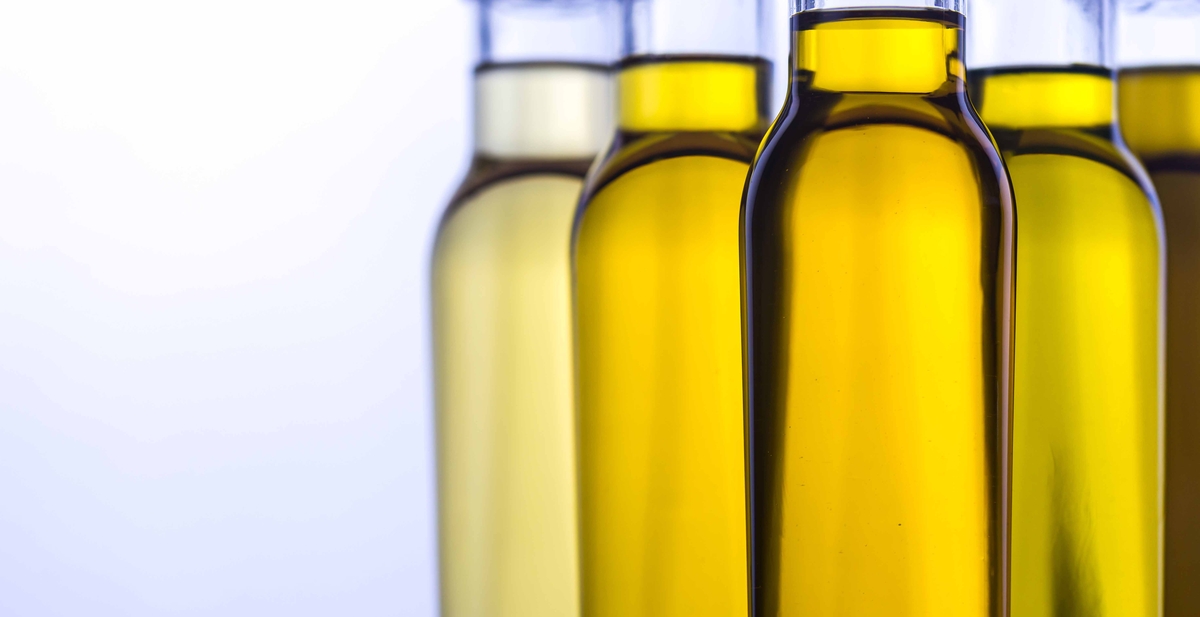
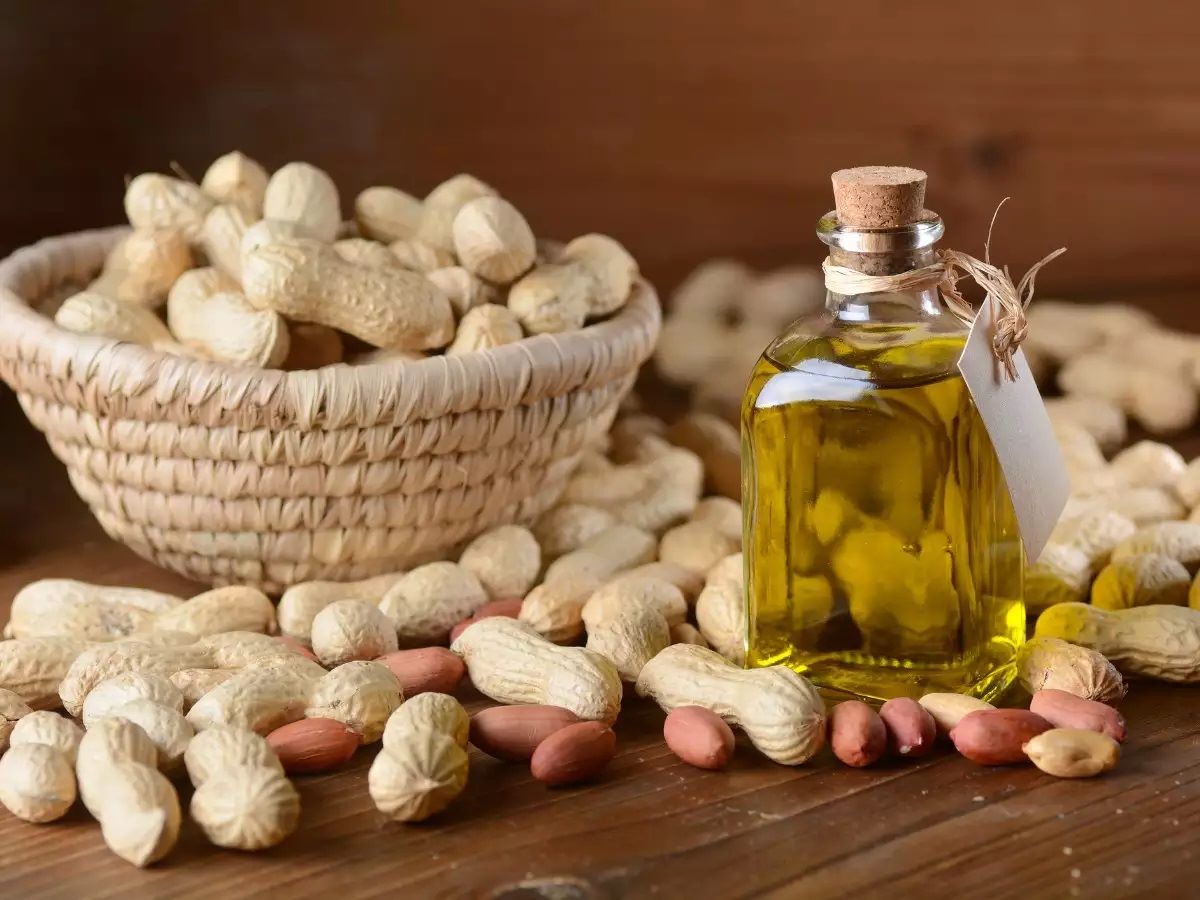
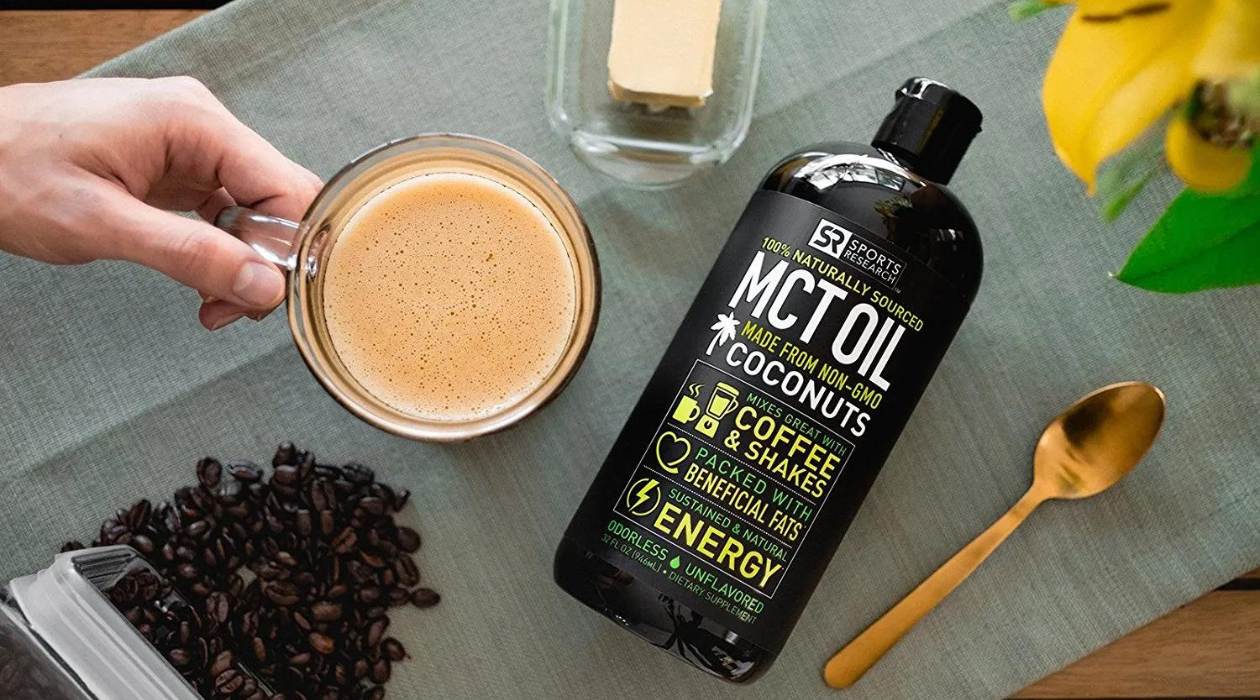
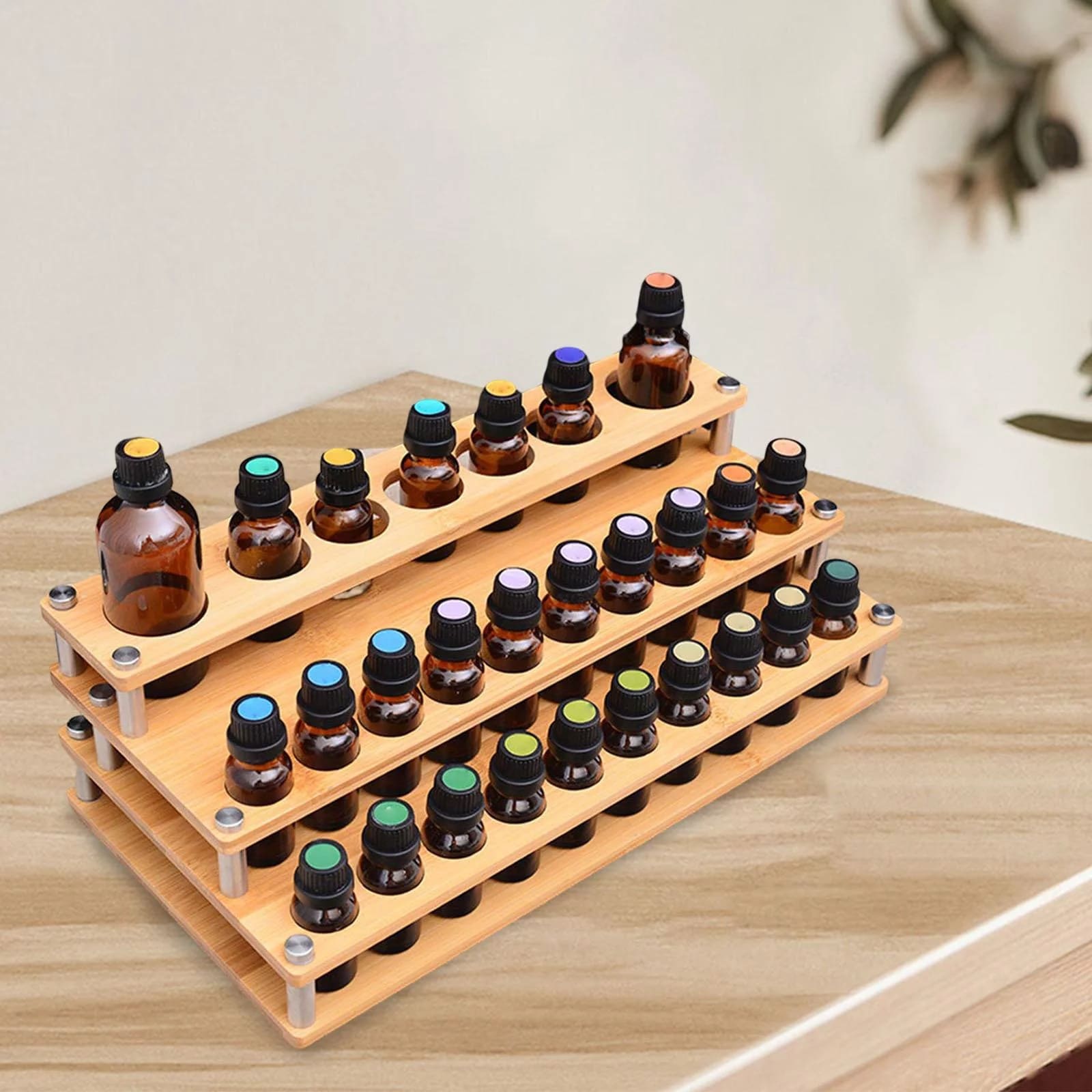

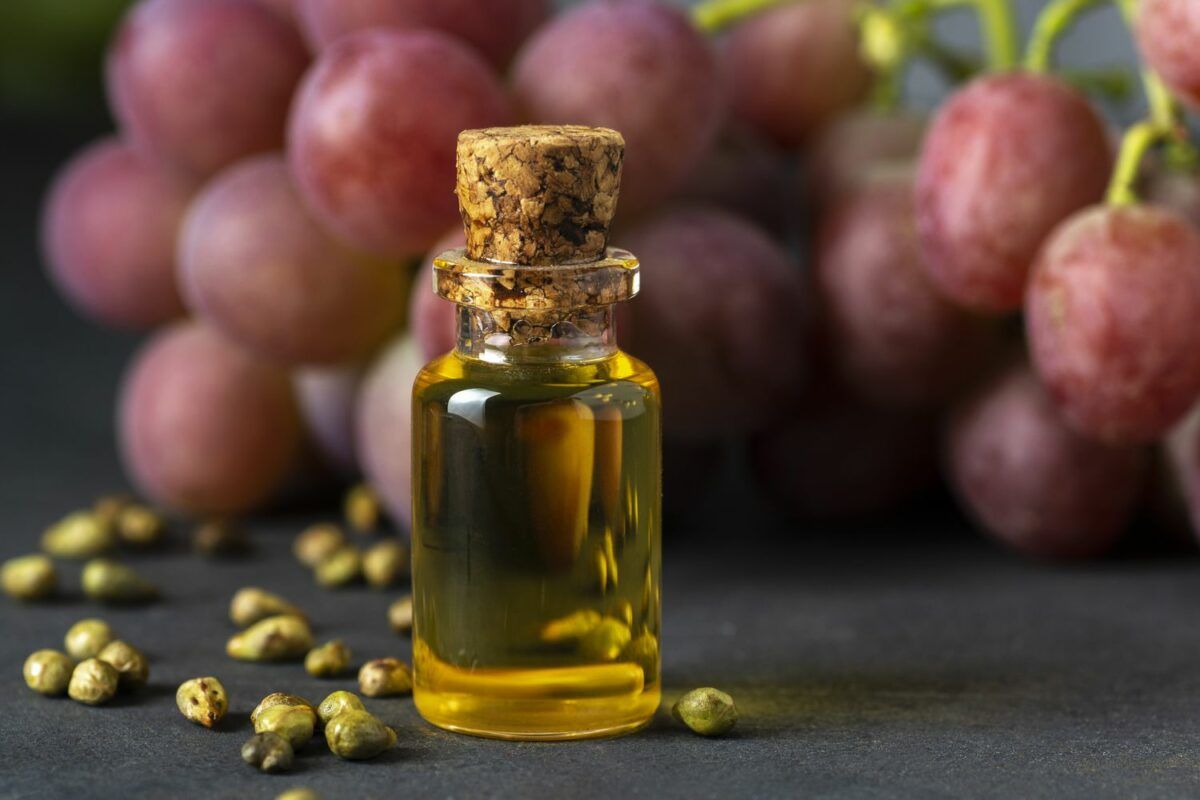
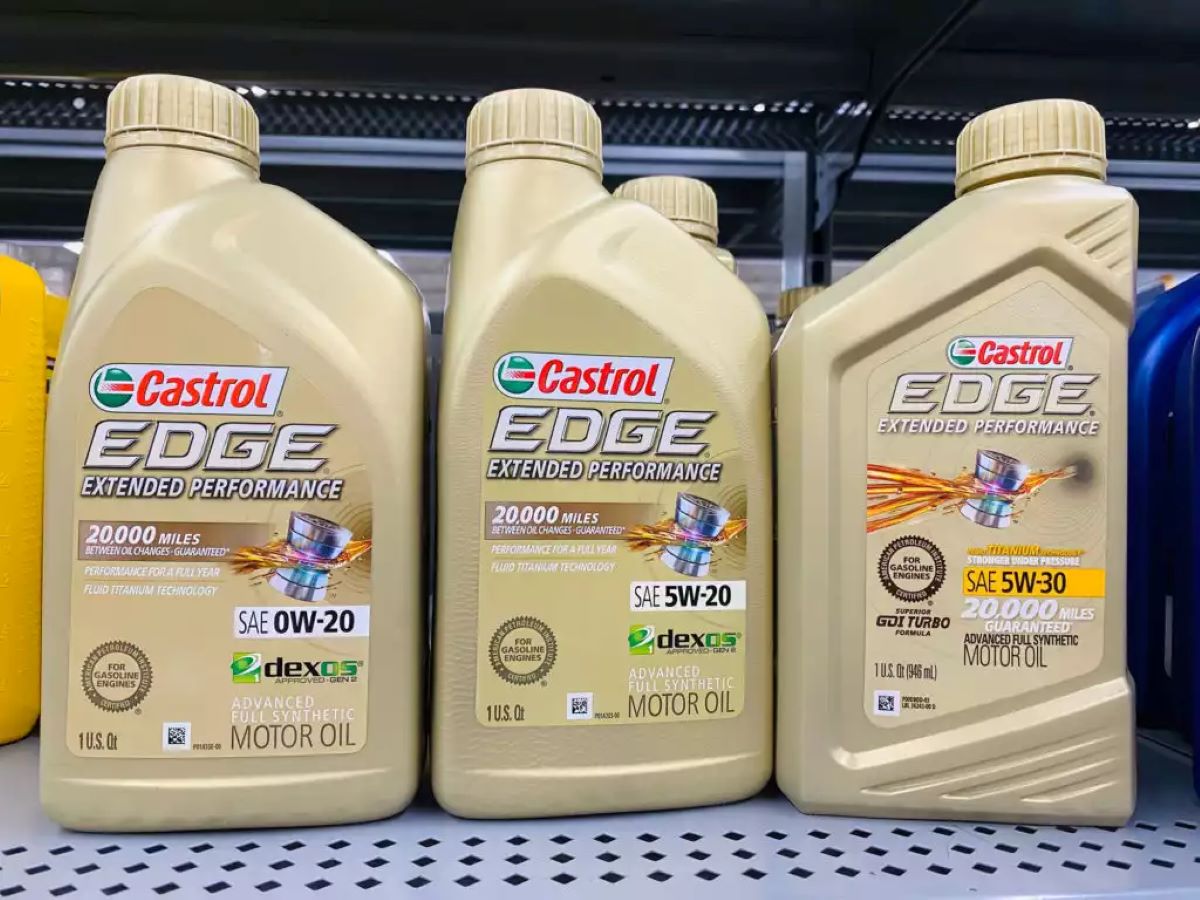
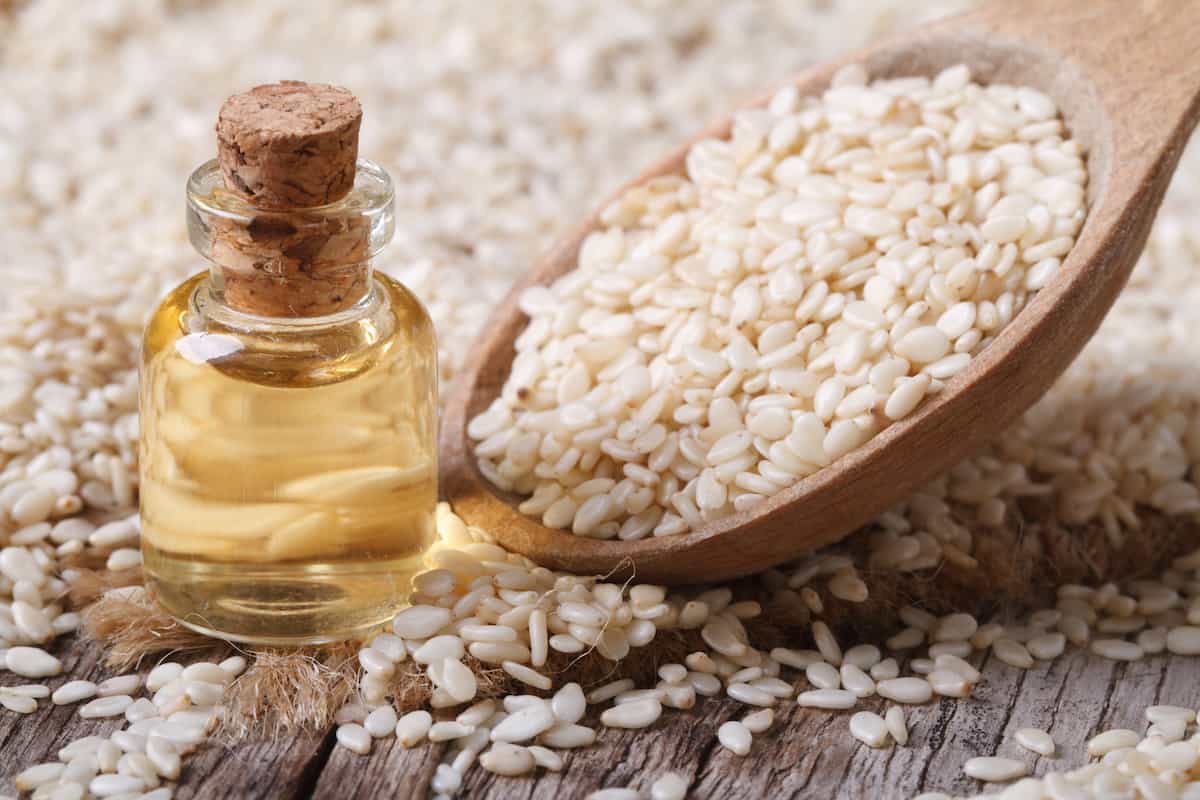
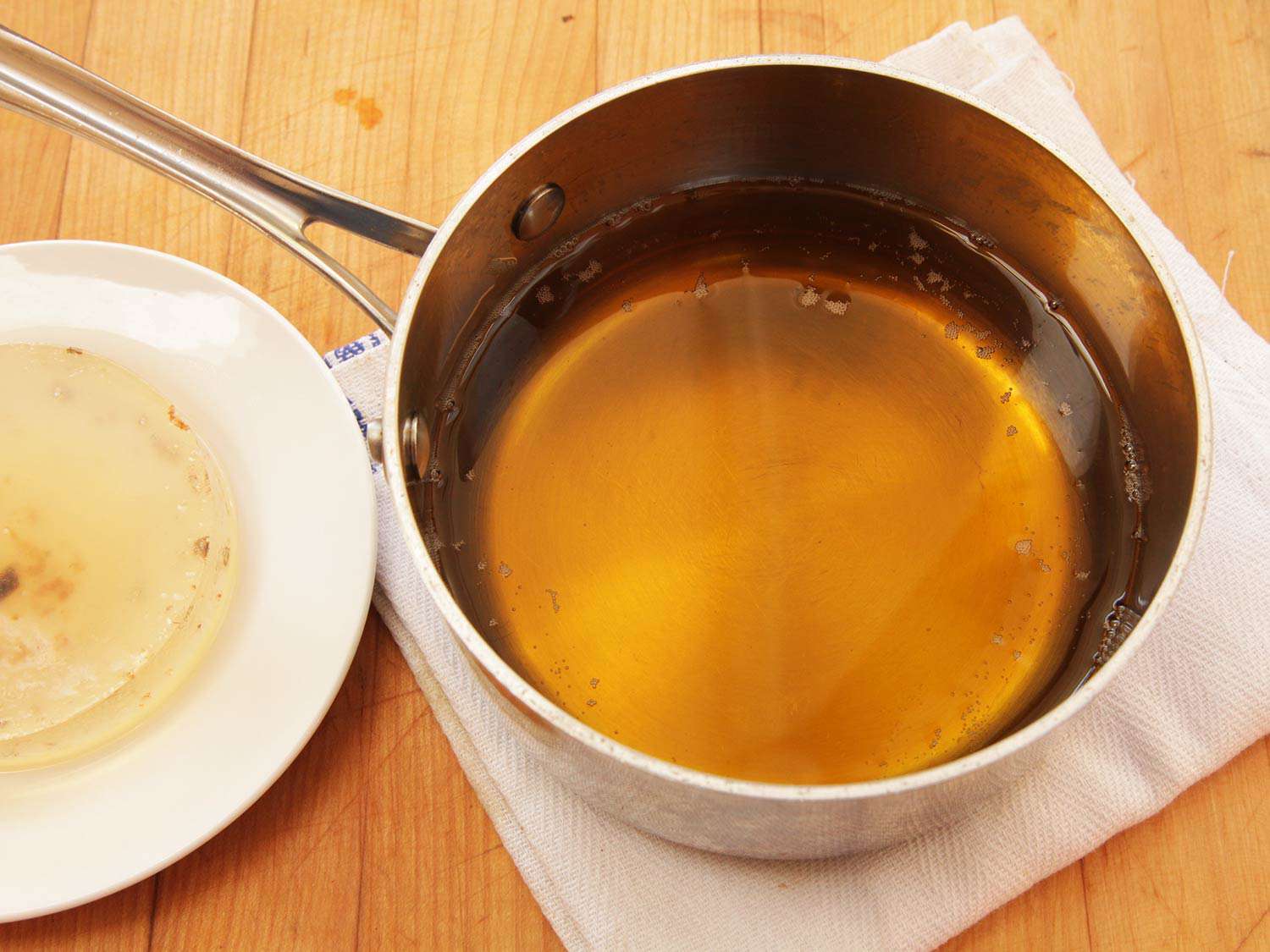
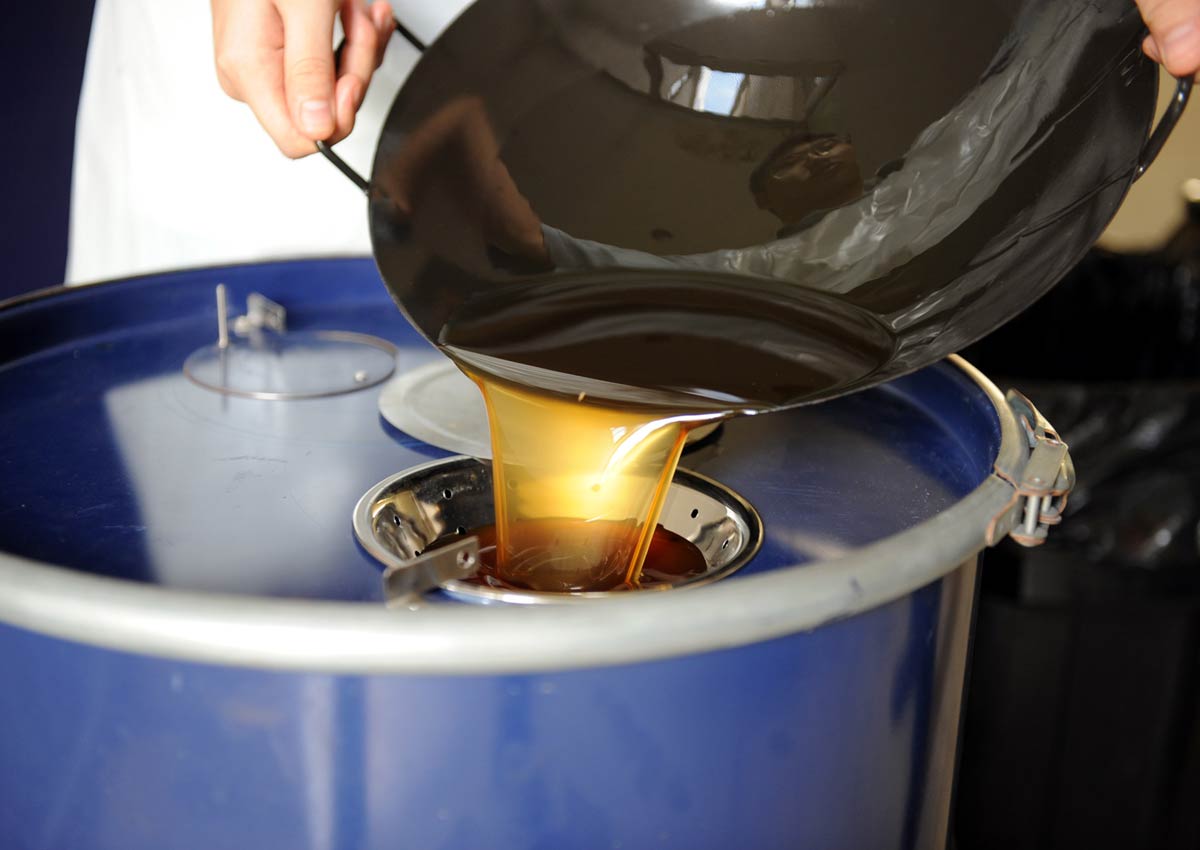


0 thoughts on “How To Store Vegetable Oil”